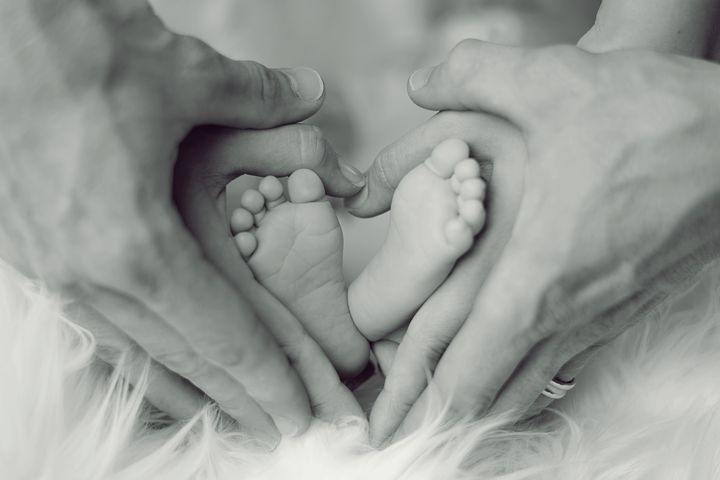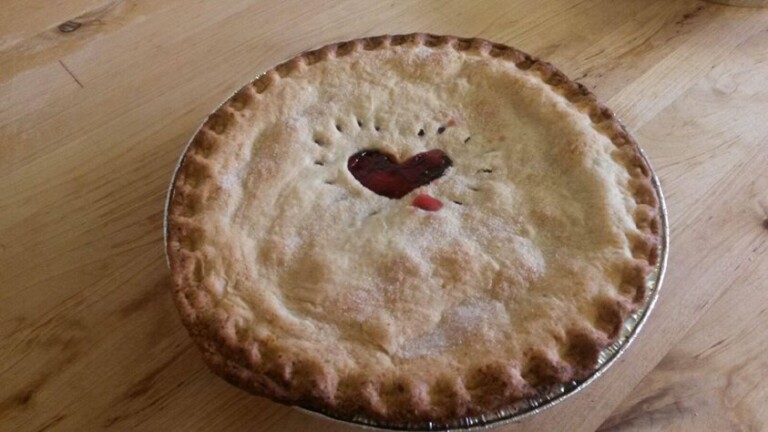God as Mother – a Guest Post
 Is God like a mother?
Is God like a mother?
One of the books in our required premarriage counseling reading was a book about men and women made in the image of God. I had never considered the parallel in female and male characteristics that together encompass the nature of God. Scripture tell us God said, “Let US make man in OUR image, after OUR likeness. . . . Male and female created He them.” Together, male and female bare the image of God.
Lucinda J. Miller has graciously given me permission to share this guest post with my readers. To read more of her writing or to follow her, click on this link at Properties of Light.
God as Mother
A mother’s yearning
In a bare, block-walled room I see them: young mothers. Their faces hang in that state of half-life between breath and desire, hungry. “Do you have any children?” I ask them. “How many?” “How old are they?” “What are their names so I can pray for them?”
We are not allowed to ask what they have done or why they are in here, but we can ask about the children. Their faces soften, sadden, when they answer. Sometimes their voices catch. I used to think a mother who abandoned her children for drugs or a man must not really love them—now I wonder if there is a mother alive who does not. Maybe, like these women, those who wound their children still love them, but they are caught in a wire-wheeled web of their own making, sticking helpless and stretched in every direction, riveted by demons from their past.
God is like a mother, some people say. Well, actually, I’ve rarely heard it said—not in my conservative circles, not about Yahweh, God of the Bible. Still, I don’t know why not. Surely, if men and women were jointly created in the image of God—the two natures joined for a more perfect representation of the Whole—comparing Him to a mother is not stranger or more radical than comparing Him to a father or claiming He was human.
God is like a mother in these ways:
In the way He loves. I have at some point, probably, doubted every person in the world who said they loved me. But Mom I never doubted. She gave her life for me, for her husband, and for her children. The love I see in her is the same sacrificial love I see in Christ.
In the way He listens without judging. “You need to learn to say how you’re feeling inside,” my mom told me once. And so I told her—she wanted to hear. Because I told her, I also told other people, later. Because I told her, I also told God.
In the way He nurtures. A child grows in a mother’s womb, ecstatic, warm, knowing only her. A mother sings, crooning love to her baby. A mother sends a spoon swooping like a bird to her little one’s mouth. As a mother nurtures her child, so God nurtures his.
In the way He heals. A mother kisses the toe her child holds up. Lays a band-aid across his knee. A mother’s touch has healing properties: the power to transforms a feverish, flu-drenched forehead to a cool and comforted one. The touch of God also heals.
In the way He forgives. Clytemnestra, a mother in Greek mythology, hounded vengeance on her murderous son from her grave. My mom, though—if I killed her—would die desperate not for her life and happiness, but for mine. From her grave, she would send me blessings. Jesus forgives like that. On the cross, he prayed from his heart for his children, “Father, forgive them for they know not what they do.”
In the way He gives birth. This is, I think, the truest way God is like a mother. A father also may love, listen, nurture, and heal—who but God and a mother can bring something beautiful from immense pain? Who but God and a mother can writhe in agony for hours, life’s blood lost, and still when they see the child, the pure life they have brought forth, burst into paroxysms of joy? Who but God and a mother has the patience to nurture this thing—still squiggly and eelish, unformed—through months of discomfort, to give it sustenance from their very body until finally the sightless is light and the birthless is life?
Who but God and a mother?







